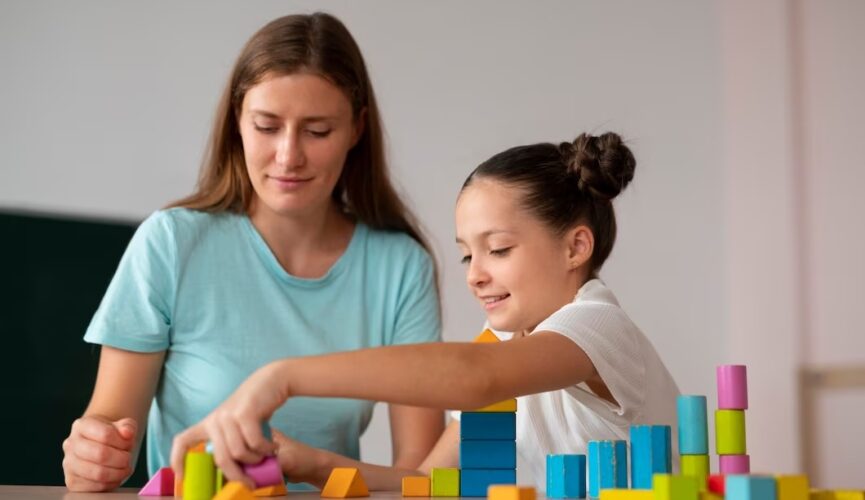Engaging children in activities that promote developmental growth is crucial for their overall well-being and progress. While professional services like therapy services for childhood development are invaluable, incorporating playful and educational activities at home can significantly bolster a child’s physical, emotional, and cognitive development.
Here, we explore eight activities that are not only fun but also instrumental in supporting developmental milestones.
1. Creative Arts and Crafts
Arts and crafts aren’t just a way to pass the time; they’re a cornerstone of childhood development. By encouraging your child to engage in drawing, painting, or making crafts, you’re helping them refine their fine motor skills, enhance their creativity, and develop patience and concentration.
2. Storytelling Sessions
Dive into the world of stories with your child. Not only does storytelling spark imagination, but it also improves language skills and comprehension. Try to include a variety of books – from picture books for the younger ones to more complex narratives for older children.
3. Outdoor Exploration
The great outdoors is a fantastic classroom. Activities like gardening, nature walks, or even a simple game of catch can teach children about the world around them, improve their physical health, and enhance their observational skills. Outdoor play is essential for developing gross motor skills and encouraging curiosity and exploration.
4. Puzzle Time
Puzzles are a great way to develop problem-solving skills, improve hand-eye coordination, and encourage persistence. From simple shape puzzles for toddlers to more complex jigsaws for older children, puzzles offer scalable challenges that can keep your child engaged and motivated.
5. Cooking Together
Cooking is not just an essential life skill; it’s also a fun way to learn. Measuring ingredients can introduce basic maths concepts, while stirring and kneading can help improve motor skills. Plus, it’s a wonderful opportunity for bonding and instilling healthy eating habits.
6. Music and Movement
Incorporating music and movement into your child’s routine can significantly impact their development. Dancing helps with physical development and coordination, while singing and playing simple musical instruments can improve language and auditory skills. Make music and movement a joyful and regular part of your day.
7. Educational Games
Thanks to technology, there’s no shortage of educational games that are both fun and informative. These games can improve cognitive skills, enhance memory and concentration, and teach valuable lessons in subjects like maths, science, and language. Ensure screen time is balanced with physical activity and other forms of learning.
8. Science Experiments
Simple, home-based science experiments can be incredibly educational and exciting. Whether it’s mixing baking soda and vinegar to create a volcano or growing crystals from salt, these activities foster curiosity, improve analytical skills, and introduce basic scientific principles.
Embracing Everyday Learning
Integrating fun, educational activities into your child’s daily routine is a powerful way to support their developmental growth outside of professional therapy services for childhood development. Each activity offers unique benefits, helping to shape well-rounded, curious, and confident individuals.
Remember, the key to effective learning is engagement and enjoyment, so choose activities that you and your child will both love. By embracing these everyday learning opportunities, you’re not just keeping your child occupied; you’re laying the foundation for a lifelong love of learning.
To further understand the importance of play in child development, exploring topics like the role of play in early childhood can provide deeper insights and enhance your approach to integrating learning with play.
